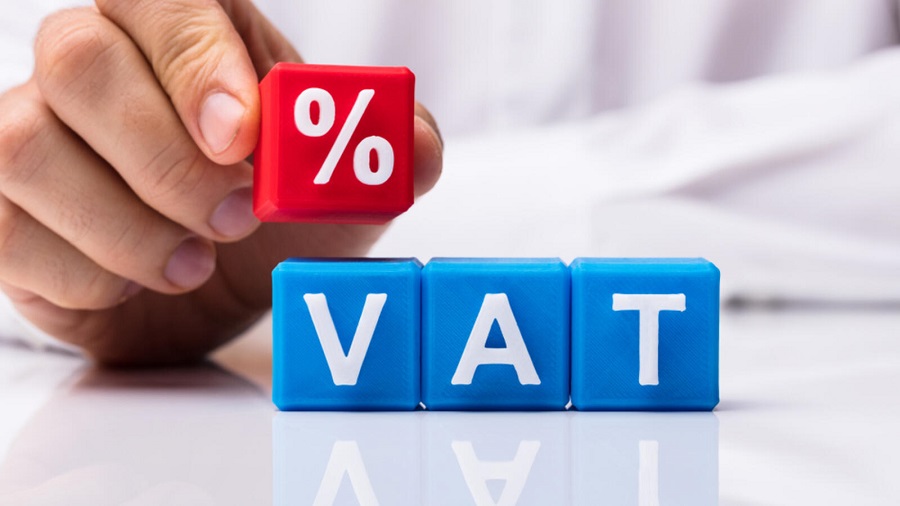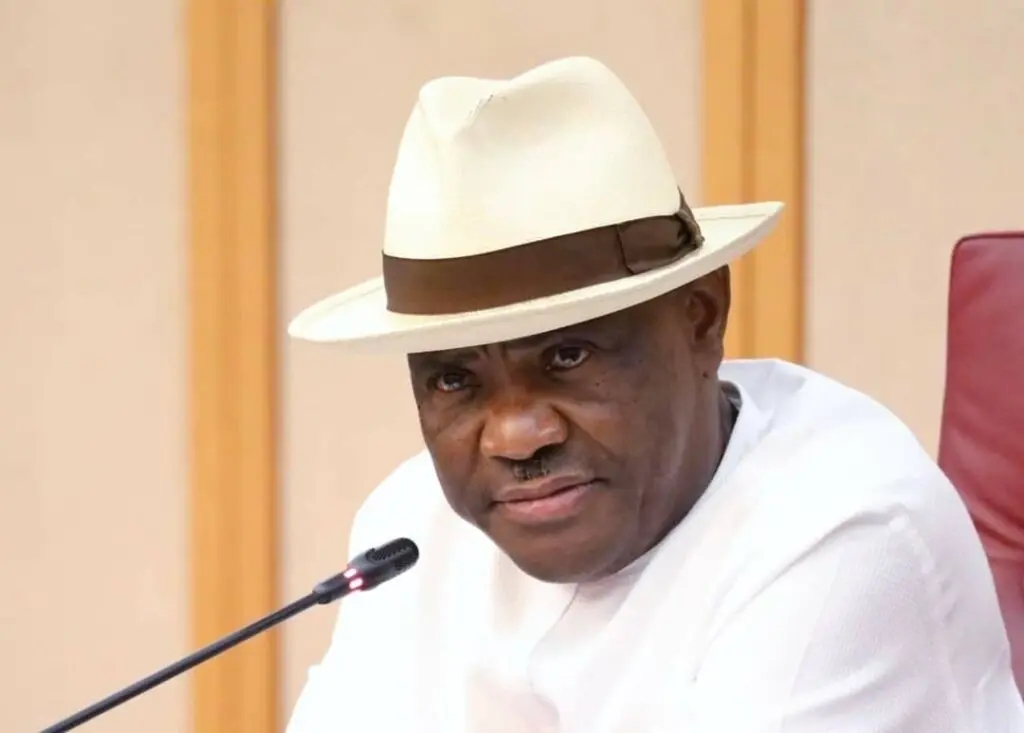The recent VAT ruling in favour of Rivers State against the Federal Government is likely to trigger a vicious battle among State Governors across the country.
On Monday, August 9, 2021, the Federal High Court in Port Harcourt decided that the Rivers State Government (rather than the FIRS) had the authority to collect VAT in the state. This is based on the idea that only the State has the constitutional authority to levy consumption or sales taxes in its area.
This decision is not isolated as in another judgment delivered on December 11, 2020, the Federal High Court in Kala’s Case held that the powers of the National Assembly to make laws imposing taxes did not extend to VAT. The judgment on paper is likely to favour State and Local Governments who currently receive 75% of the revenues generated from VAT. However, this may not be the case.
READ: Court says State should collect VAT, income taxes, not FG
A recent PWC report explains that the judgement, if upheld by a higher court, could spell doom for some states which currently do not generate enough economic activities to boost their individual VAT numbers. According to PWC, states such as Lagos, Rivers and Kano might just be the only beneficiaries of this ruling, considering the significant level of economic activity in the states that can generate high VAT revenues.
“Ironically, the biggest losers will be the states except Lagos. A few states like Kano, Rivers, Oyo, Kaduna, Delta and Katsina may experience minimal impact, while at least 30 states which account for less than 20% of VAT collection will suffer significant revenue decline. The federal government may in fact be better off, given that FCT generates the second-highest VAT (after Lagos) in addition to import and non-import foreign VAT.”
READ: Court stops FG from taking over N200 billion unclaimed dividends
PWC also suggested the Federal Government could gain even more, considering that about 27% of the VAT revenues currently comes from foreign non-import VAT.
In 2020, for instance, total VAT collection was about N1.53 trillion, with import VAT being N348 billion (or 22.7%) while foreign non-import VAT was N420 billion (or 27.4%) and local VAT amounted to N763 billion (or 49.8%). The federal government is likely to retain more than the 15% it currently shares, while States and LGs will have less to share, especially if we consider VAT on FG contracts included in Local VAT which will also be due to the FG.
States will also need time to set up the machinery required to collect VAT, a luxury they probably cannot afford in the short term. This means they could be on the hook to lose significant revenue, putting them in a more precarious situation.
READ: FIRS appeals case awarding VAT collection to Rivers State
Sources inform Nairametrics that some states understand that the judgement may not augur well for state governments who are on the other end of the judgement. They are aware of the likely implication on their revenues if this judgement is allowed to remain, placing them on a collision course with their counterparts.
The National Bureau of Statistics currently does not report VAT generated from each state, however, opinions point to Lagos as one of the major VAT revenue earners in the country.
READ: Top States in Nigeria with highest IGR per population in 2020
What’s next?
Despite this judgement and the fact that State Governments stand to lose, the Federal Government, through the FIRS, is likely to approve the judgement. The ramification of this judgment is such that it could even lead to a speedy amendment of the constitution to clear any ambiguity.
Some experts who spoke to Nairametrics pointed out the pros and cons of the judgement.
Pascal Nkwodimmah, Financial Manager at Opera NG, believes that the status quo should be maintained, as a deviation may cause disruption to the ease of doing business in Nigeria.
He said, “Although the Federal High Court ruling is backed by the constitution, it is necessary to understand its implication on the ease of doing business in Nigeria. This will be a complex process for businesses because multiple authorities will be handling tax collection across the nation. This could significantly affect the going concern of business activities.
“The FG has taken so much responsibility to ease tax remittance in Nigeria with the introduction of FIRS TaxPro Max which as a result will influence the ease of doing business in Nigeria.
READ: FIRS going after 55,000 millionaire tax debtors to meet mid-year target
“My opinion, FG should continue fiscal federalism (Federal System) as regards VAT management in Nigerian as it will continue to ensure good resource management, allocation and control of revenue generation.”
I.E Tobi Esq, Managing Partner at Grail Attorneys, commended the court’s decision, stating that it would bring Nigeria closer to true federalism. He said, “The court’s decision upholds the provision of the constitution as regards collection of taxes under the concurrent list, and it also helps strengthen federalism in its true sense as the state will have sufficient revenue for its development.
“If the decision is also upheld in the court of appeal, I think the various states can sue the FG to recover VAT already erroneously collected from businesses in their states and not the business holder.
“However, this move brings government closer to the people as the people pay and get the benefits of taxes paid directly rather than paying to Abuja, and it is shared amongst all states, even to states that generate nothing.”
PWC stated, “If the judgment is enforced or upheld on appeal, it will apply to other states and not just Rivers State. This means each state would administer VAT within their territory. By implication, FIRS will administer VAT within the FCT and non-import foreign VAT, while the Nigeria Customs Service will collect import VAT on international trade.”
Given the significance of this judgment, it is expected that the FIRS will appeal the decision. Therefore the status quo is likely to continue in the meantime.



















